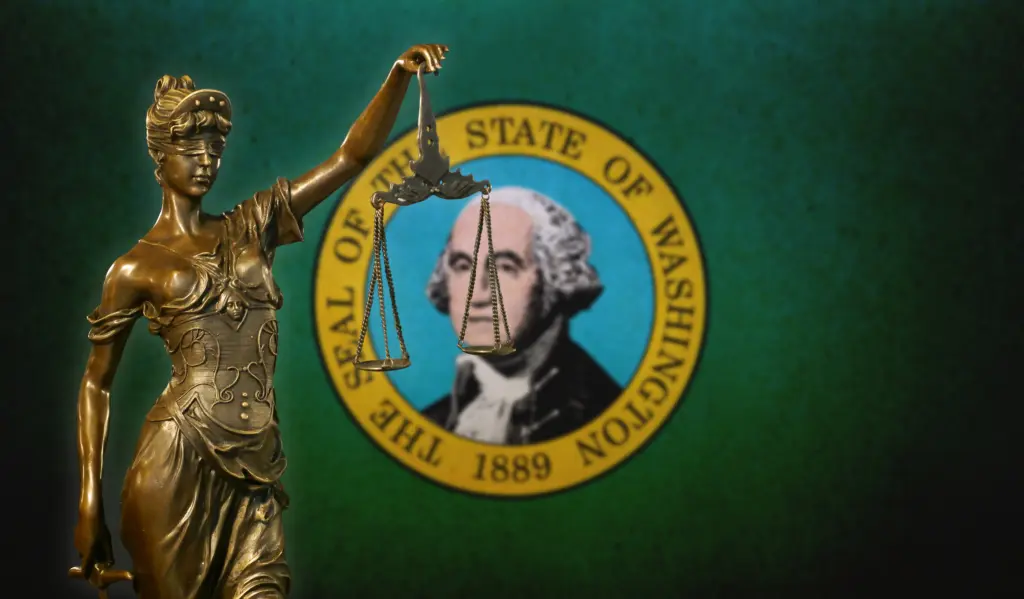
Las Vegas, renowned for its vibrant nightlife, world-class entertainment, and luxurious resorts, also seems to draw an unfortunate number of accidents. When considering only car crash incidents, the LVPD reports that there were over 20,000 car accidents in 2021 alone. When you factor in the thousands of slip-and-fall claims at casinos and other incidents involving bodily harm, knowing how to navigate a personal injury claim becomes not just reasonable, but essential. This blog post guide will walk you through the steps you should take if you experience a personal injury while on vacation in Las Vegas.
How Do Personal Injury Claims Work?
Personal injury claims occur when an individual suffers harm as a result of another party’s negligence or intentional misconduct. These claims can include a wide range of incidents, such as car accidents, slip and falls, medical malpractice, or even assault. As a tourist, navigating the legal landscape in an unfamiliar city can be intimidating, but with the right knowledge and support, you can protect your rights and secure the compensation you deserve.
Immediate Steps to Take After an Injury
1. Seek Medical Attention Immediately
The first and most important step after sustaining an injury is to seek medical attention immediately. Your health and safety are the top priorities. Even if your injuries seem minor at first, it’s best to get evaluated by a medical professional. Some injuries, like concussions or internal injuries, may not present symptoms right away but can have serious consequences if left untreated.
2. Document the Incident
Proper documentation is vital to the success of your personal injury claim. As soon as the incident occurs, begin collecting evidence that supports your account of what happened.
Take the following steps:
- Photographs and Videos: Capture images and videos of the accident scene, your injuries, and any property damage. These recordings can provide powerful evidence to support your claim.
- Witness Statements: If there were any witnesses to the incident, ask for their contact information and a brief statement of what they saw.
- Medical Records: Keep detailed records of your medical treatment, including diagnoses, prescriptions, and any follow-up care.
- Incident Reports: If the injury occurred at a business or public place, report the incident to the management and request a copy of their incident report.
3. Contact Local Authorities and Legal Representation
Depending on the severity of your injury, contacting local authorities may be needed. For instance, if you were involved in a car accident, call the Las Vegas Metropolitan Police Department to file a report. An official police report can be helpful when pursuing a claim, as it offers an unbiased account of the incident. Once you’ve done this, your next step should be to contact a reputable Las Vegas personal injury lawyer.
Navigating the Legal Process
1. Consult with a Local Personal Injury Attorney
Navigating the legal process can be tough, especially if you’re not familiar with Las Vegas laws. That’s why it’s a good idea to consult with a local personal injury attorney who can help you through the complexities of your case. A seasoned attorney will work with you to understand your rights, determine the value of your claim, and handle negotiations with insurance companies on your behalf.
2. Comparative Negligence in Nevada
Nevada follows a comparative negligence system, meaning your compensation could be reduced if you’re found partially at fault for the accident. However, as long as you’re less than 51% at fault, you can still recover damages. Your attorney will work to minimize your liability, helping you get the maximum compensation possible..
3. Filing a Personal Injury Claim
Once you have consulted with an attorney, they will assist you in filing a personal injury claim. This process typically involves:
- Filing the Claim: Your attorney will file the necessary paperwork with the appropriate court, initiating your lawsuit.
- Discovery Process: Both parties will exchange information and evidence related to the case during the discovery process.
- Settlement Negotiations: In many cases, personal injury claims are settled out of court. Your attorney will negotiate with the defendant’s insurance company to reach a fair settlement.
- Trial (if needed): If a settlement cannot be reached, your case may go to trial, where a judge or jury will determine the outcome.
Compensation You May Be Entitled To
The compensation you may receive in a personal injury claim can vary depending on the severity of your injuries and the impact on your life. Common types of compensation include:
1. Medical Expenses
This includes reimbursement for all medical costs related to your injury, such as hospital stays, surgeries, medications, physical therapy, and future medical care.
2. Lost Wages
If your injury prevents you from working, you may be entitled to compensation for lost wages, both past and future. This also includes any impact on your earning capacity if you are unable to return to your previous job.
3. Pain and Suffering
Pain and suffering compensation is designed to address the physical and emotional distress resulting from your injury. While this type of compensation is often more subjective, it can substantially enhance the overall value of your claim.
4. Property Damage
If your personal property was damaged in the incident, such as your car or other belongings, you may be entitled to compensation for repairs or replacement.
Dealing with Insurance Companies
Insurance companies often try to reduce their payouts, so it’s important to handle negotiations with care. Here are some tips for dealing with insurance companies:
1. Avoid Giving Recorded Statements
Insurance adjusters may ask you to provide a recorded statement about the incident. It’s advisable to decline this request until you’ve spoken with your attorney, as anything you say could be used against you.
2. Be Cautious of Quick Settlement Offers
Insurance companies may offer a quick settlement to resolve your claim as soon as possible. While this may seem appealing at first, these offers are often much lower than what you deserve. Always consult with your attorney before accepting any settlement.
3. Keep Detailed Records
Maintain thorough records of all communications with the insurance company, including emails, letters, and phone calls.
Statute of Limitations for Personal Injury Claims in Nevada
In Nevada, the statute of limitations for filing a personal injury claim is generally two years from the date of the injury. It’s extremely important to be aware of this deadline, as failing to file your claim within this period could result in losing your right to compensation.
WCTL: Standing Strong for You in Las Vegas!
Managing a personal injury claim as a tourist in Las Vegas can be overwhelming, adding to the stress you’re already experiencing from your injuries. Instead of focusing on your recovery, you’re burdened with the complexities of the legal process. At West Coast Trial Lawyers, we’re here to take that weight off your shoulders. Our experienced team will handle every aspect of your claim, allowing you to focus on healing.
Contact us today to secure the compensation you deserve. Call (213) 927-3700 or use the online contact form to speak to our legal staff.













































































